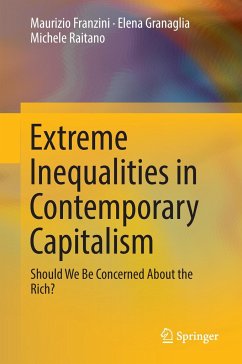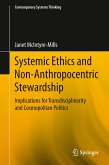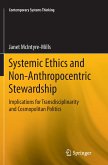This book explores the mechanisms by which top incomes are achieved through work in today's advanced economies and asks to what extent current extreme inequalities are compatible with widely held values of social justice. Reflecting on the heterogeneity of the working rich, the authors argue that very high earnings often result not from heightened competition induced by globalization but rather from a lack of competition, or at best deficient competition. It is proposed that such incomes cannot be justified in terms of efficiency or merit and do not generate positive trickle-down effects with benefits for all of society; rather, extreme inequalities in earnings risk jeopardizing equality of opportunity. The book concludes by offering a wide array of innovative policy prescriptions that are not punitive in intent and are not merely directed toward income redistribution. Readers will find the book to be a fascinating source of insights into the subject of the working rich, which remainslargely unexplored within both economics and ethics.








